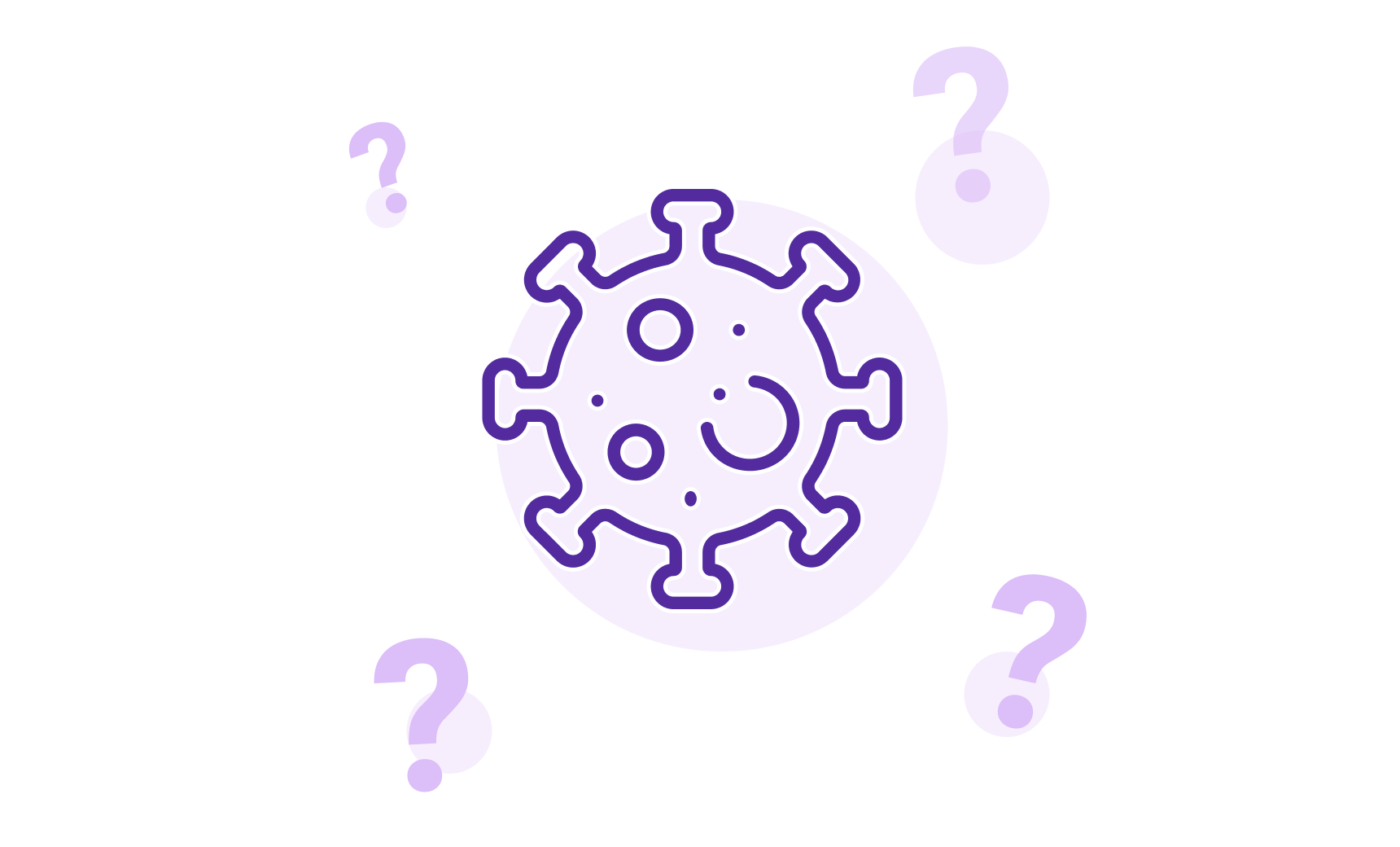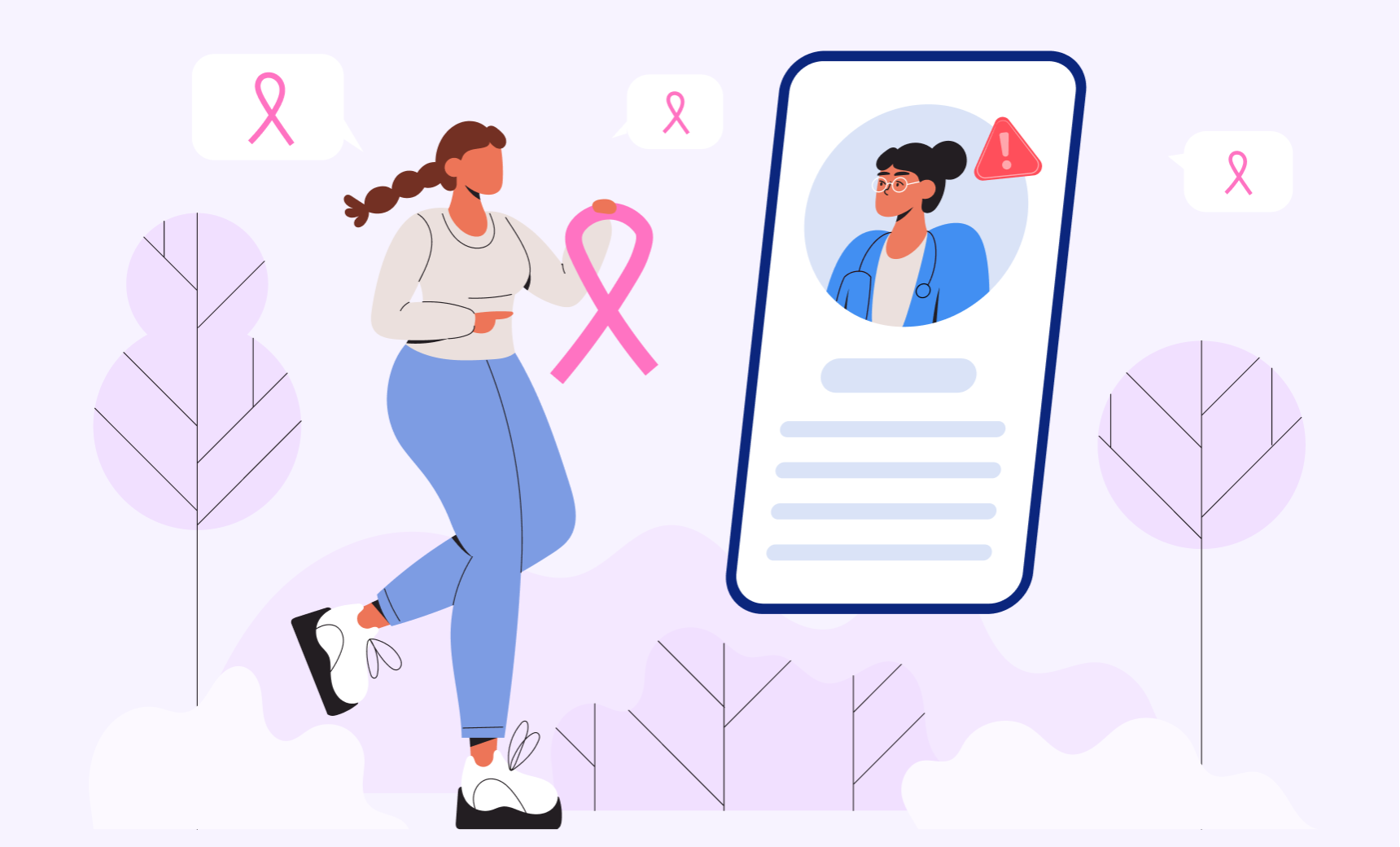
Answering Your Top COVID Questions
The pandemic’s not over. Here’s your updated guide.
More than two years into the pandemic, the exhaustion is real. Unfortunately, COVID-19 is surging again. The good news is that arming yourself with information can help keep you and your loved ones safe. Awareness, education and testing continue to be critical. The experts at LabFinder took on your top questions about COVID as we enter yet a new phase of this pandemic.
Why do the variants keep changing? And what variants are circulating now?
Because viruses adapt through mutation, there will regularly be new variants. Some variants emerge and last for a while, others disappear. Previously circulating variants include Alpha, Beta, Gamma, and Delta. Right now, there is one variant of main concern, Omicron.
What’s different about Omicron?
Omicron is notable for being highly transmissible. It also appears to have a shorter incubation window than previous variants, which has led the CDC to reduce the recommended time spent in quarantine after the first positive test results from ten days to five days. Keep in mind that even mild symptoms should be taken seriously, as some people may have far more severe symptoms and a higher likelihood of long-term effects from the virus than others will.
What about BA5, the variant I’m hearing so much about?
BA5 is actually an offshoot of Omicron, so it’s not an entirely new variant. This subvariant is tricky because it has three mutations in its spike protein, making it more infectious. It’s also better at evading immunity, which means that vaccines provide less protection against it than previous variants.
Somehow, I’ve avoided getting COVID and I really don’t want it. Can getting another booster shot prevent it?
The current shots were developed for the original COVID strains and, as the virus has mutated, it’s become more resistant to immunity from vaccinations and previous infections. While the vaccinations are not as good at preventing infection from the BA4 or BA5 subvariants, getting a second booster shot can still reduce the risk of serious complications. Experts estimate that an updated vaccine addressing these new subvariants may be available in the fall.
I just got COVID. That means I can’t get sick again, right?
While your body will build some natural immunity, it does not last. One study published in the fall of 2021 found that people could be reinfected with COVID as soon as 3 months after contracting it. This study did not include the new variant Omicron, which became the dominant variant in June 2022. Because of Omicron’s mutations, immune protection may wane faster. So even if you’ve had COVID, you’ll want to take precautions.
Stay safe with regular COVID testing. Book your next COVID test through LabFinder.
Editor’s note: Information in this post is up-to-date as of September 1, 2022. Updated guidance can be found via the CDC.
Have additional questions about COVID? Or are there other topics you think we should cover? Drop us a line at illuminator@labfinder.com.





LabFinder Editorial Team
The LabFinder Editorial Team is behind The Illuminator and The Insider, LabFinder’s consumer and business blogs.
Dr.Robert Segal
Dr. Segal is CEO and co-founder of LabFinder, as well as a board-certified cardiologist. He began practicing medicine in 2002 and has founded several businesses, including Medical Offices of Manhattan and Manhattan Cardiology.